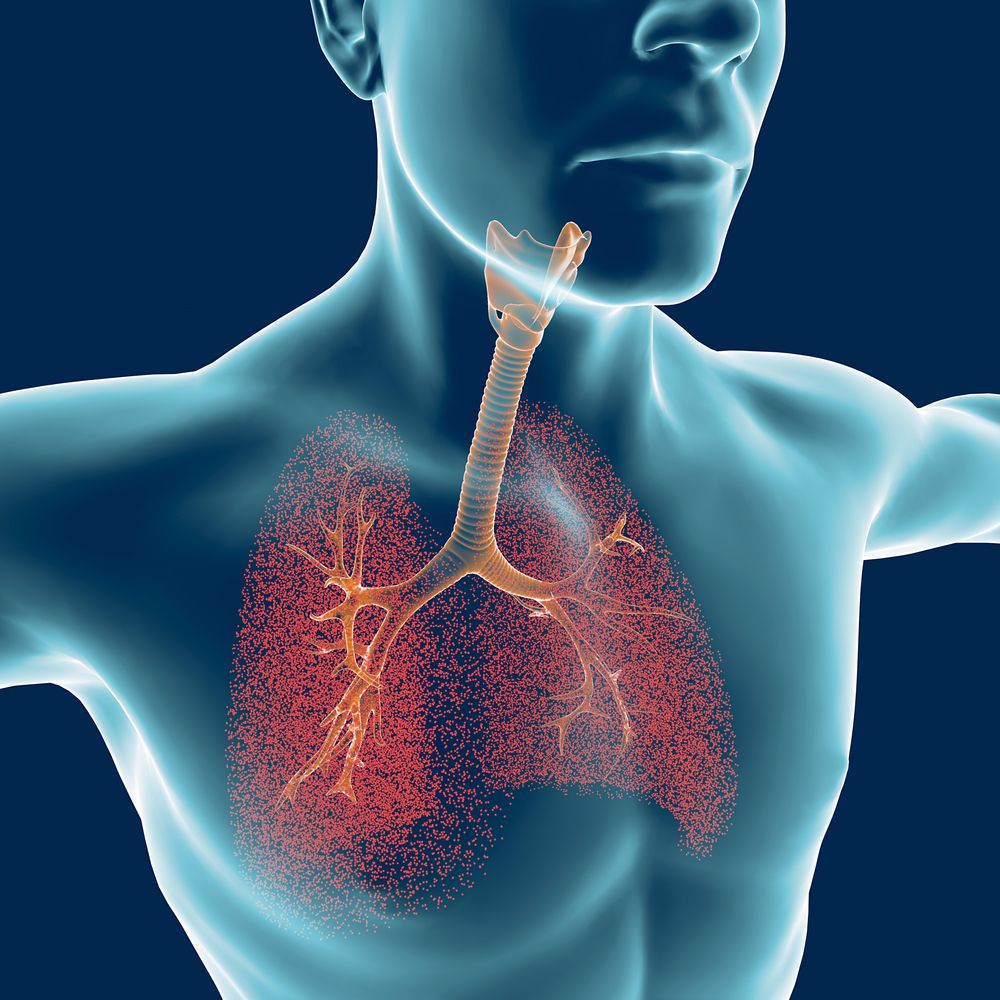Strength of Exhalations May Predict Physical Ability, MS Severity
Written by |

Naeblys/Shutterstock
The strength of the muscles used to exhale a breath may predict physical ability and disease severity in people with multiple sclerosis (MS), a study reported.
Patients in this study with weaker expiratory muscles were also those with greater physical disability and more severe disease.
The study, “Pulmonary Function and Respiratory Muscle Strength in Patients with Multiple Sclerosis,” was published in the journal Multiple Sclerosis International.
In MS, damage to nerve fibers and their protective myelin covering can cause progressive physical disability and a decline in muscle strength, including muscles needed for respiration.
People with advanced disease often develop breathing complications, with weak expiratory muscles and poor lung function. But expiratory muscle strength and lung function, and how they affect functional capacity (physical ability) has not been thoroughly assessed in people at earlier MS stages.
A research team in Sweden sought to assess breathing (inhalation and expiration), muscle strength, lung function, and physical ability in people with mild to moderate MS. Lung function was evaluated by spirometry, breathing muscle strength by mouth pressure tests, and physical ability by the six-minute walk test (^MWT), the distance covered walking a hallway in six minutes.
A total of 48 patients, ages 22 to 73, with mild or moderate MS symptoms and sustained walking ability (ambulatory) were included in the study. Of these, 42% had relapsing-remitting MS, 54% had secondary progressive MS, and 4% had primary progressive MS.
Mean lung function and breathing muscle strength were normal for the total patient group, as compared with reference values. However, large differences were evident in breathing muscle strength between individuals, with some patients showing poorer strength in these muscles.
No link was found between lung function and physical ability. However, expiratory muscle strength was significantly linked to physical disability and MS severity — people with weak expiratory muscles had reduced physical ability and more severe disease.
“This is an important result, which should be spread to clinicians and persons with MS,” the researchers wrote.
“The respiratory [breathing] muscles are used for many purposes other than respiration, and their strength is not determined solely by requirements for breathing. Even if [breathing muscle strength] is decreased, the strength may still be well above the level for maintenance of normal breathing and the capacity required to sustain respiration at rest,” they added.
Study limitations, as highlighted by the researchers, included the exclusion of patients with difficulties that could adversely influence the walking tests, the study’s small sample size, and not considering influential factors in the analysis, such as smoking habits.
Still, the team believes they found strong links between expiratory muscle strength, and physical ability and MS severity.
Based on these data, the researchers suggested that “by adding simple measures, [expiratory muscle strength] test, and 6MWT for patients’ annual follow-up in patients with mild and moderate disease severity, the possibility to identify patients at risk would increase.”
Furthermore, “early interventions to improve expiratory muscle strength could possibly improve functional capacity but that needs further to be evaluated,” they wrote.


